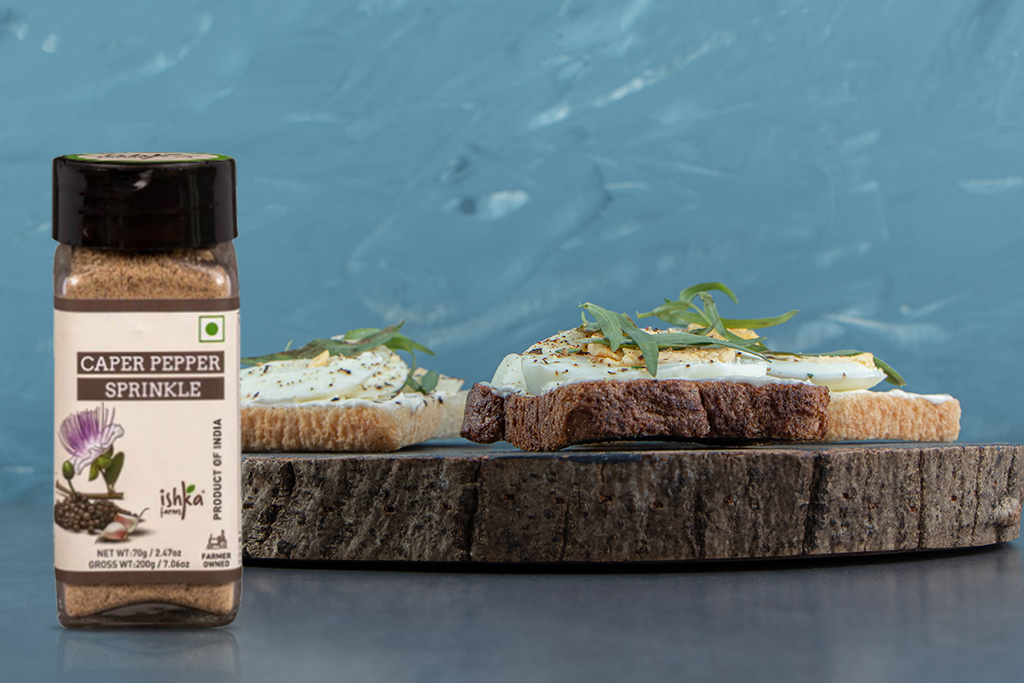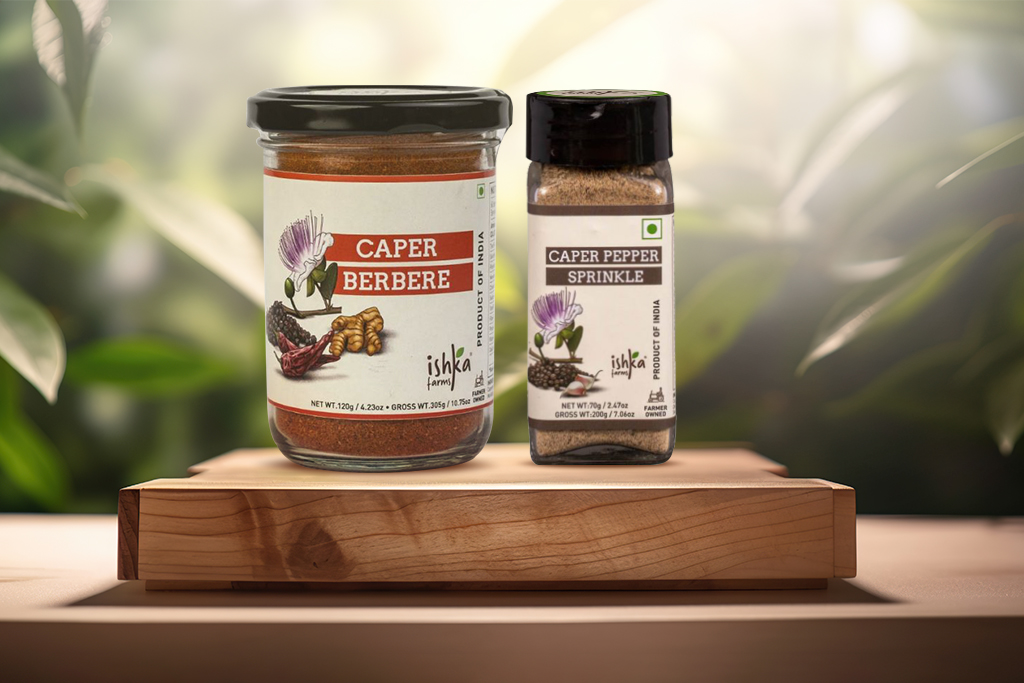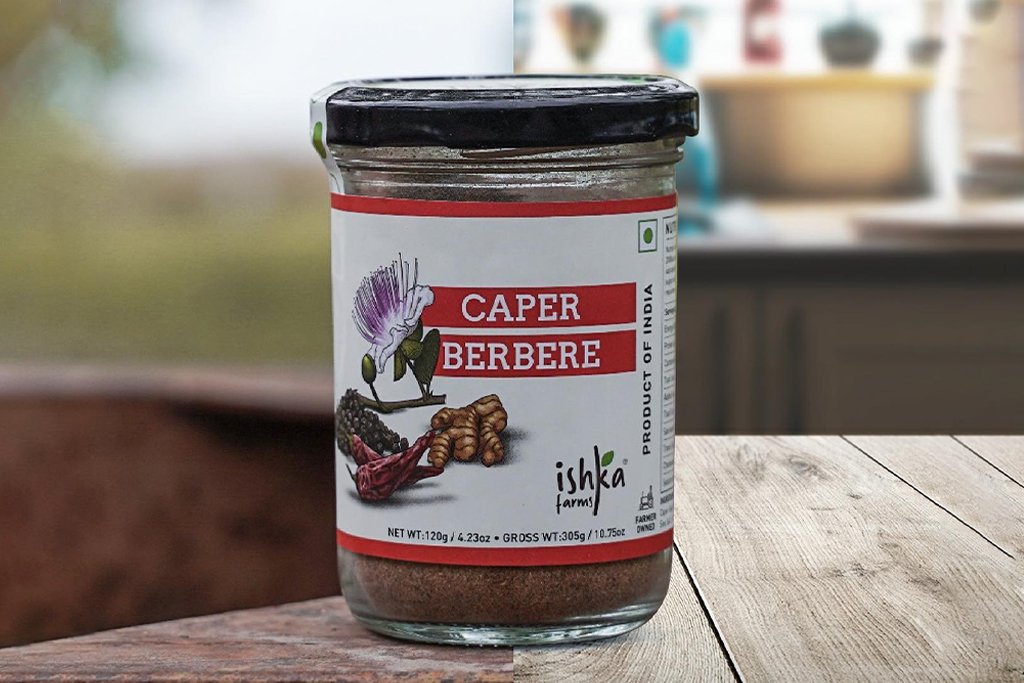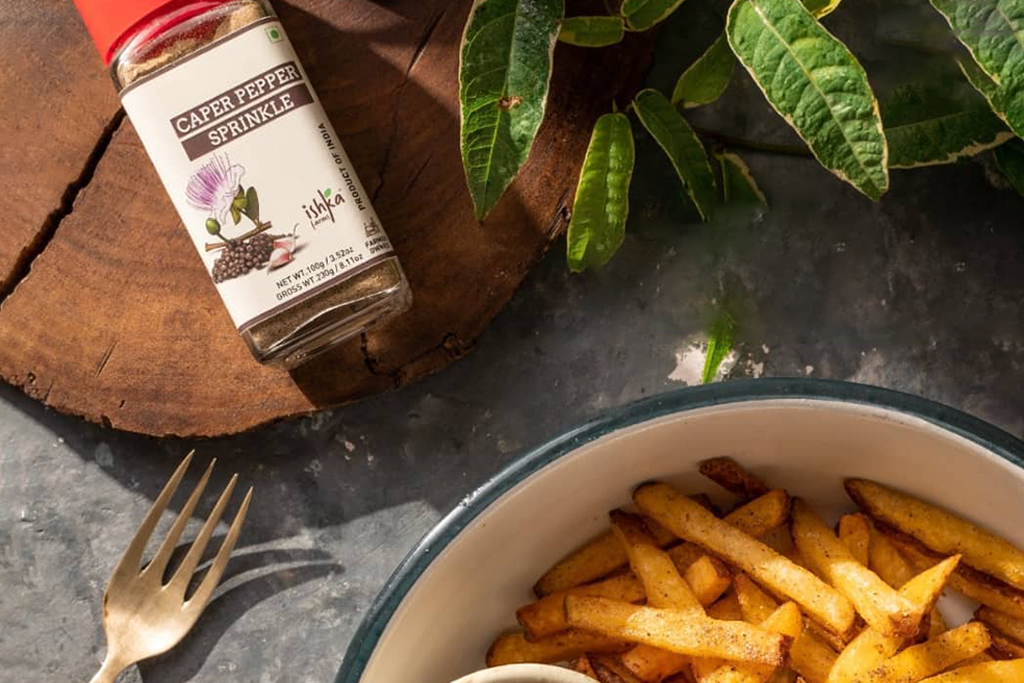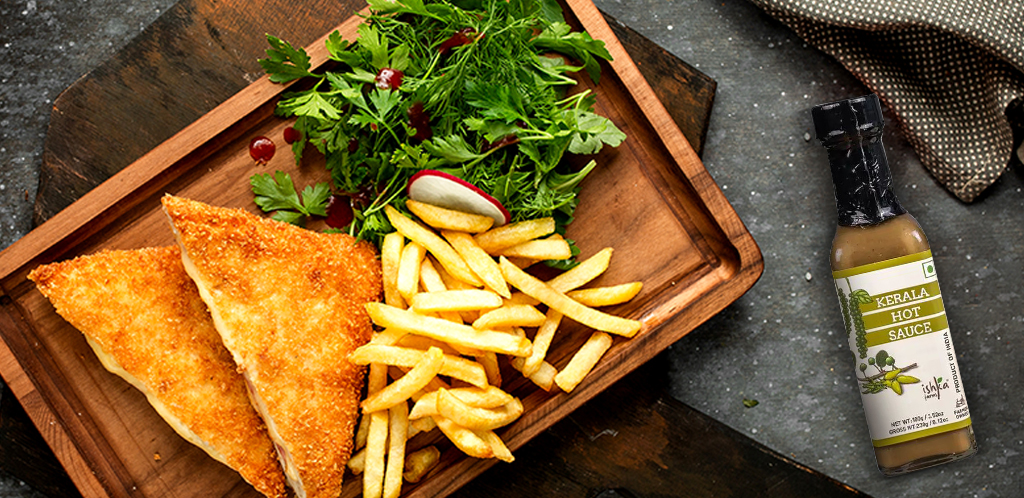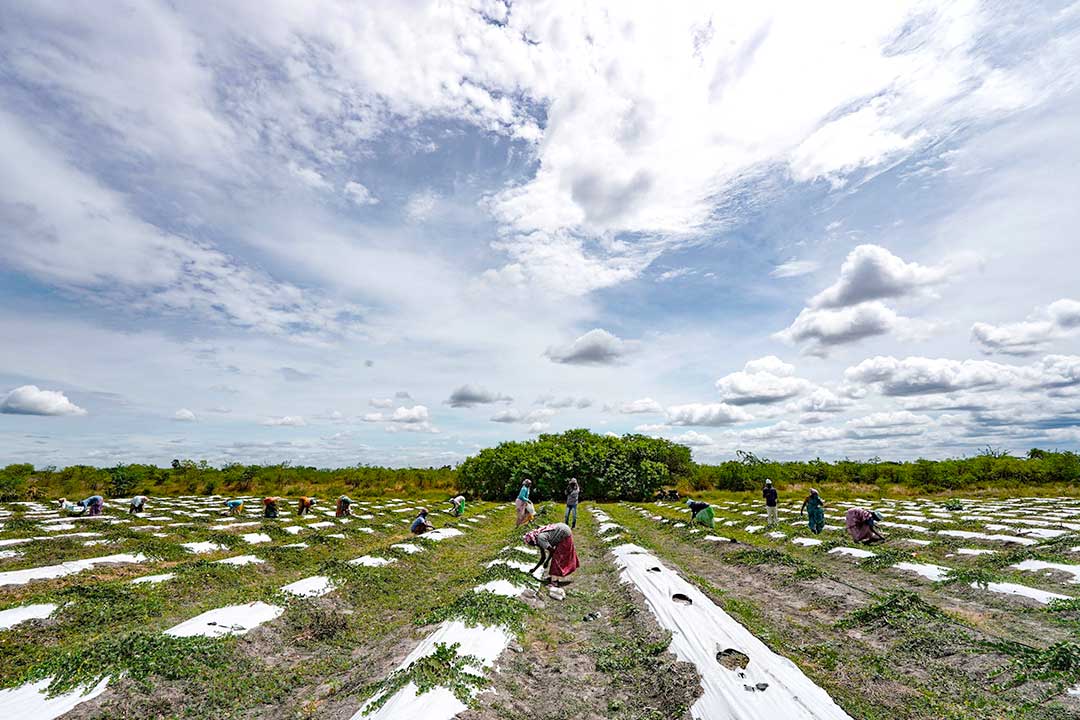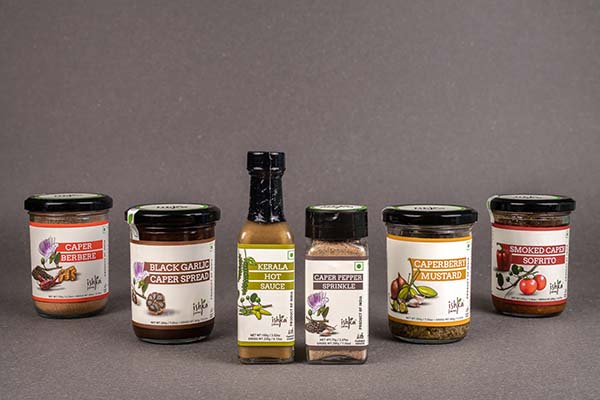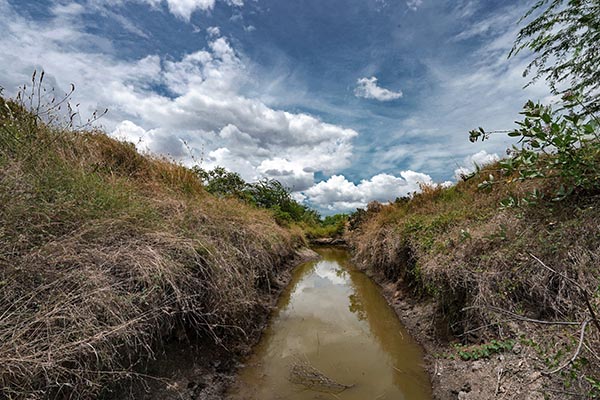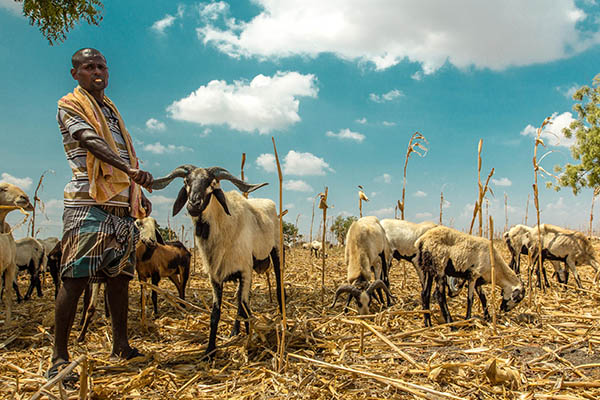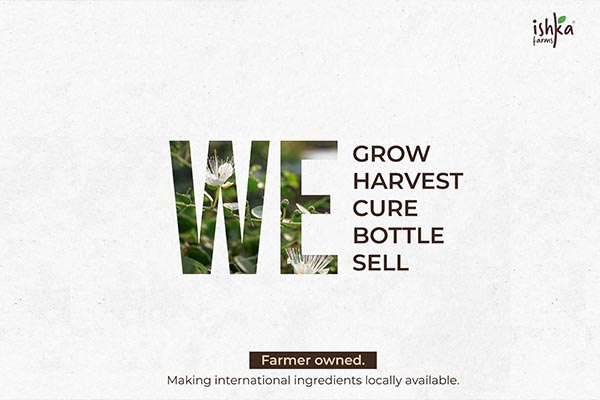Author: Fiona Arakal
A Touch of Finishing Salt from Ishka Farms is All You Need to Enhance the Flavour of Your Food
Salt is to food what the soul is to the body.
This quote aptly sums up the worth of salt in a cuisine, no matter which part of the world it comes from!
Now, the regular salt (iodised table salt)is most commonly used salt in the cooking process. However, if you really want to elevate the taste and flavour of your food, finishing salt is the perfect condiment.
What is Finishing Salt?
This is an all-purpose seasoning that doubles up a flavour enhancer. You can use it to deliver a final flourish to the food. Given its unique characteristic of bringing flair to the dish without overpowering the natural taste, this salt is tagged as gourmet salt in global cuisine.
This salt can have flat, flaky or coarse crystals depending on its origin, ingredient mix and preparation method. It is available in various shapes and textures. Hence, this salt doesn’t fall into one-size-fits-all category.
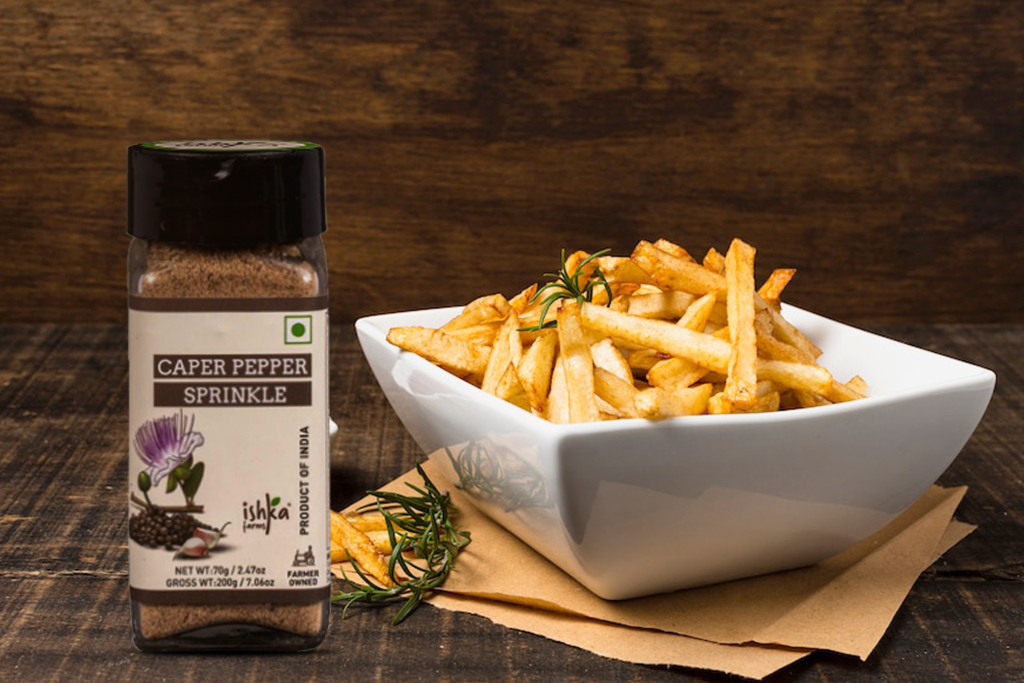
Ishka Farms Caper Pepper Sprinkle – Finishing Salt Like None Other
Our team at Ishka Farms has crafted Caper Pepper Sprinkle to leave a long-lasting impression on the palate of your guests or patrons. Believe us when we say that they will ask for a second helping and the secret of your recipes!
What makes our product a notch above the rest? Well, the magic lies in our choice of ingredients extraordinaire. Let’s tell you more.
Ishka Farms Caper Salt: The sprinkle contains the umami of Ishka Farms Flinders Rose (Caper Flower) that we cure in the mineral-rich Tuticorin Sea Salt and then sun dry them. It lends the pleasant savouriness to the dish.
Ishka Farms Sea Salt: This ingredient amplifies the flavour of the sprinkle.Our sea salt is a mineral-rich raw sea salt. It is different from table salt which is fortified with iodine, a natural mineral or micronutrient necessary for human health. The Government of India runs Salt Iodisation Program. Our sea salt is NOT table salt.
Black Peppercorns: This ingredient augments the profile of finishing salt through the aroma and heat of the black peppercorns. We source these peppercorns from the Western Ghats of Kerala, the land of spices in India.
Other Ingredients:The subtle under notes of dehydrated onion powder and dehydrated garlic powder intensify the fruity notes of the Black Peppercorns in the sprinkle.
That’s not all. All our products, including this salt are completely vegan, gluten-free, dairy-free and soy-free. There isn’t even an ounce of trace of preservatives and chemicals in our products. So, you can expect natural flavours at their best.
Ways to Use Ishka Farms Caper Pepper Sprinkle
Honestly, there is no specific way to incorporate our sprinklein your recipes. Put on your chef hat and let the creative juices flow. However, we couldn’t resist dishing out a few ideas of our own for you.
You can season dips, dressings and marinades with Ishka Farms Caper Pepper Sprinkle. You can also add a smidgeon of this salt on fried snacks for a delicious kick to your tastebuds. Looking for aromatic toppings for fruits, popcorn or eggs? Use this sprinkle.
Check out our innovative recipes with Ishka Farms Caper Pepper Sprinkle on our website and Instagram!
Ishka Farms BBQ Powder: A Multipurpose Spice Mix for Delight in Every Bite
The origins of BBQ powder can be traced to colonial times when people started experimenting with it to season their barbeque delicacies. Since then, this powder has remarkably evolved into versatile refreshing combinations and innovative usages in cooking.
There are no wrong or right ingredients in this spice mix. It is usually a blend of salt, pepper, herbs and other spices in various measurements. The sole purpose of this powder is to lend a distinguished taste to your culinary creations.
However, we at Ishka Farms have always believed in enriching our patrons’ palettes with unique and memorable flavours. Hence, we have crafted not one but two such mouth-watering powders to spoil you for choices!

Let us divulge some interesting titbits about our farm fresh spice mixes – Ishka Farms Caper Berbere and Ishka Farms Caper Pepper Sprinkle.
Ishka Farms Caper Berbere
We drew our inspiration from Ethiopian cuisine to create this flavourful condiment. It is a perfect harmony of only the purest ingredients such as:
- Ishka Caper Salt
- Ishka Sea Salt
- Ishka Black Pepper
- Chilli
- Ginger
- Smoked paprika
- Coriander
- Cumin
- Fennel
- Nutmeg
This blend gets its notable taste, texture and aroma from the unification of umami-rich Caper Salt from our farms and earthy attributes of whole spices from Kerala.
You can smear this BBQ powder on barbeque, whether you are grilling or pan-frying. It also acts as a wonderful marinade for vegetables, fish, seafood, lean meats and poultry meats. Need a dry rub? This spice mix gels well with salt, curd and olive oil.
Another way you can try out it is to sprinkle it liberally on pan-seared foods to bring out the nuttiness. It also makes a great condiment for baked croutons and vegetables just in case you want a subtle spicy kick on your tongue. Use it to temper vegetable dips too.
Ishka Farms Caper Pepper Sprinkle
If we were to describe this condiment in just a few words, we would call it ‘a delicate dance duet between pepper and capers’. The aroma and heat of the Black Peppercorns from the Western Ghats of Kerala and the pleasant savouriness of Ishka Farms Caper Salt hit the right notes when they land on your tongue.
This flavour enhancer mix also comprises onion powder and garlic powder in dehydrated form. They elevate the fruity notes of the Black Peppercorns. It also contains Ishka Sea Salt (mineral-rich raw sea salt that is different from iodised table salt) to heighten the flavours.
The beauty of this spice mix is that it complements dressings, dips and marinades for seasoning. You can also dust it on fried snacks or use it as a topping for eggs, popcorn and fruits.
Next time you need a BBQ powder, look nowhere else. Our spice mixes Ishka Farms Caper Berbere and Ishka Farms Caper Pepper Sprinkle have got you covered. Ah, just one more thing we think you would find fascinating and reassuring. We make all our condiments organically and sustainably on farms. They are also free from preservatives, chemicals, artificial colours and sugars.
What more could you ask for? Place your order today with us.
Caper Berbere – A Flavourful BBQ Seasoning Powder from Ishka Farms
Capers with their robust flavour are a favourite with restaurant chefs, home chefs, cooking aficionados and foodies. While you can use capers in different ways for your gastronomical fare, you may have never tried them as a versatile spice mix. Have we piqued your curiosity?
Say ‘hola’ to Caper Berbere, a flavourful BBQ seasoning powder from Ishka Farms!
A Spice Blend Made to Absolute Perfection
Caper Berbere is a perfect blend of umami-rich Caper Salt, Sea Salt and Black Pepper sourced from Ishka Farms and wholesome goodness of spices such as chilli, ginger, smoked paprika, coriander, cumin, fennel and nutmeg sourced from farms of Tamil Nadu. This BBQ powder inspired by Ethiopian cuisine delights all your senses with its earthy and robust aroma.
What else makes Caper Berbere a treasure trove for your kitchen? It is made on our sustainably run farm. You can rest assured that it is free from added sugars, preservatives, colours and flavours. It makes your dish taste better and fresher.
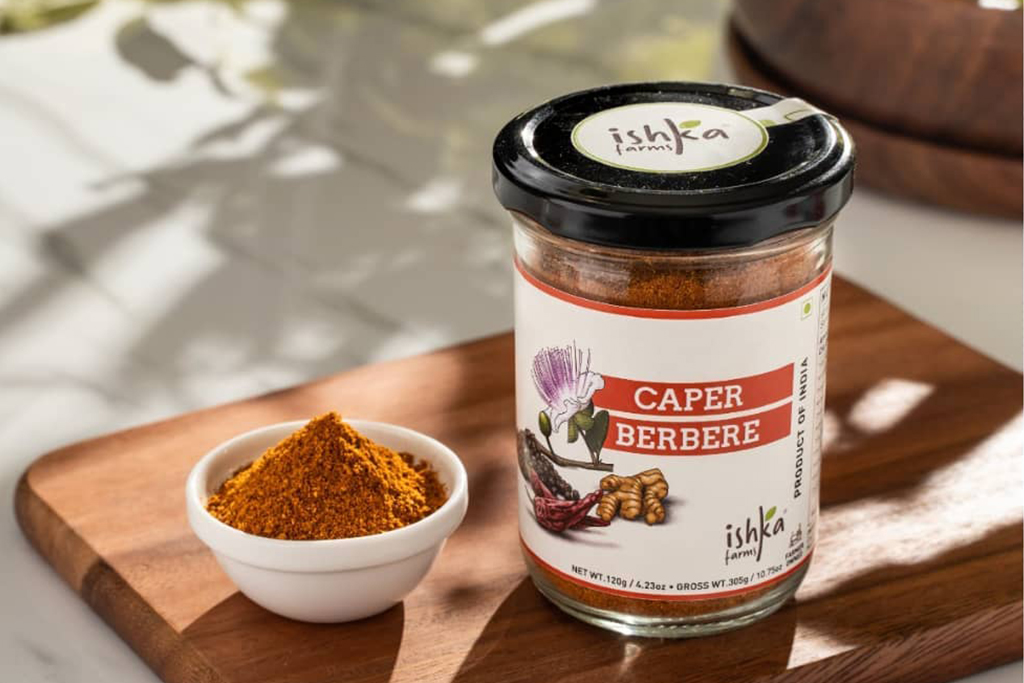
One Spice Mix, Versatile Culinary Delights
We have crafted Caper Berbere in such a way that you would be pleasantly surprised by the number of ways you can put it to use.
- Barbeque
Throwing a backyard bash? Offering a new barbeque menu? Then, Caper Berbere BBQ powder is a must-have in your spice box. After grilling or pan-frying, you can sprinkle it on the barbeque food as per your liking.
- Marinating
You can also use Caper Berbere to marinate your vegetables, lean meats, poultry foods, and fish and other seafood before roasting, grilling or barbequing. Go for a dry rub with salt or in combination with olive oil or curd.
Sprinkle a generous amount of Caper Berbere on steaks of meat, chicken, fish or even vegetables like cauliflower and Brussels sprouts. Toss them in a pan and sear with butter for a few minutes. The spice mix will not only enhance the aroma and nuttiness but also give you a sensory experience while relishing the food.
- Baking
You can even enjoy crunchy croutons seasoned with Caper Berbere. Sprinkle it on the croutons along with olive oil before putting them in the oven. Enjoy with soup or as munchies!
You can similarly use Caper Berbere to add a mild spicy punch to vegetables such as brinjals and sweet potatoes before baking them.
- Tempering
‘Tadka’ or tempering is the soul of Indian food. Caper Berbere makes an excellent tempering element for vegetable dips too.
BBQ seasoning powder Caper Berbere from Ishka Farms is an indispensable spice mix in your kitchen pantry. It can elevate even the humblest dish and add a zest to it.
Try our Caper Berbere and share your recipes with us!
Finishing Salt from Ishka Farms: An All-Purpose Seasoning to Make Everything Taste Better
There are some things that you can’t live without when it comes to your food. You have to have them in your kitchen. An all-around seasoning is one such thing. It simply peps up the palate of most dishes without overshadowing their natural flavours.
Ishka Farms Caper Pepper Sprinkle, a medley of black peppers and capers is the perfect finishing salt for all your seasoning needs. This magical sprinkle hits with a punch like no other flavour enhancer does! The sprinkle is vegan, gluten-free, dairy-free and soy-free with zero preservatives and chemicals.
Matchless Blend of Ingredients
This sprinkle contains the aroma and heat of the best Black Peppercorns we source directly from the Western Ghats of Kerala. The Black Peppercorns are the dried form of green berries produced by a flowering vine called Pipernigrum.
The second ingredient is Ishka Farms Caper Salt which brings pleasant savouriness to the sprinkle. The umami comes from Ishka Farms Flinders Rose (Caper Flower) that we cure in the mineral-rich Tuticorin Sea Salt.
The subtle under notes of dehydrated onion powder and dehydrated garlic powder amplify the fruity notes of the Black Peppercorns in the sprinkle.
The Ishka Sea Salt is the final ingredient that intensifies the flavours of the sprinkle.
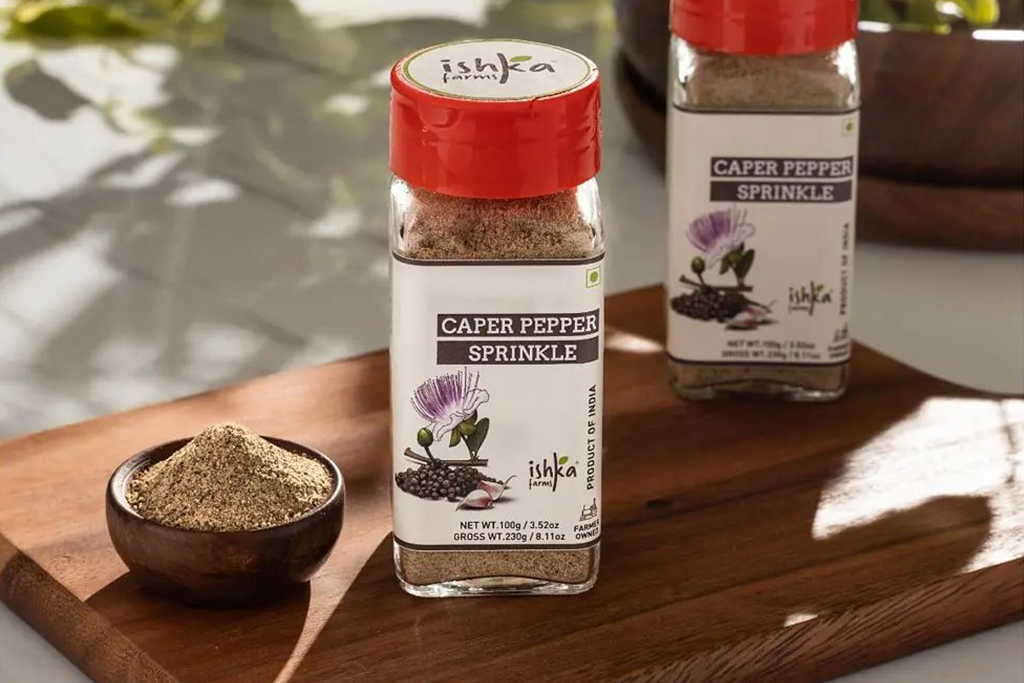
Shake, Sprinkle, Season
Do you know what’s the best thing about Ishka Farms Caper Pepper Sprinkle? You can get as creative as you want with the recipes. You can dust it on your favourite meals and pair it with practically everything!
For instance, you can use this finishing salt to season dips, marinades and dressings. You can sprinkle it or even use it generously in ricotta, hung curd, cheese or soup as per your taste. It also makes a great topping for fruits, eggs and popcorn.
If you are bored of using the regular table salt and pepper seasoning for your fried snacks, then it’s time to switch to Ishka Farms Caper Pepper Sprinkle. It brings a touch of oomph to fried snacks such as cashew nuts, lotus stems, potato wedges, sweet potato wedges and yucca/cassava fries.
We also highly recommend it for Tempura (our all-time favourite by the way!).
Versatile Culinary Creations
Our in-house chefs and patrons have experimented with Ishka Farms Caper Pepper Sprinkle to put together a diverse range of recipes. Check out a few ideas:
- Fattet Hummus
- Whipped Ricotta with Capers
- Turkish Eggs
- Brioche Egg Sandwich
- Tempura Prawns
- Tempura Broccoli
- Corn Fritters
- Crispy Potato, Sofrito & Buratta
- Smoked Caper Sofrito Paneer Wrap
- Fried Lotus Stems
- Fried Cashews
- Roasted Veggies and Ricotta Toastie
- Simple Salad Dressing with Brine
We are pretty sure that you are itching to get your hands on these recipes. Well, fret not. You can find them on our website and Instagram handle.
Ishka Farms Caper Pepper Sprinkle should be in a chef’s pantry and at every dinner table in households. When are you ordering this finishing salt for your delicacies?
Kerala Hot Sauce from Ishka Farms: The Fiery Flavour Bomb That Will Blow Away Your Mind
Some people want it hot! They like to turn up the heat in their meals. They want to indulge their taste buds in tingly sensations. If you are among these people, you have come to the right place. The Kerala Hot Sauce from Ishka Farms is the right mix of heat and flavour. This chilli hot sauce takes the spiciness quotient in your food to the next level.
A little fun fact for you: Kerala Hot Sauce measures a mild 2904 on the Scoville Scale, the popular method to measure to hotness of a chilli pepper. So, you can imagine the lip-numbing heat and pungency it carries in its flavours!
Let’s tell you more about this sauce we have soulfully created with love and passion on our farms.
Made from the Finest Ingredients
We select nothing but only the choicest and real ingredients for Kerala Hot Sauce:
- Kandari Chillies (Bird’s Eye Chillies): These small but quite hot white chillies are indigenous to Kerala, the Indian state known for its fragrant spices. Their unique spice and floral notes are the primary reasons why they are one of the star ingredients in this sauce.
- Ishka Farms Green Peppercorns: They are the source of the peppery notes and lip numbing heat in the Kerala Hot Sauce. We source our green peppercorns for a farming co-operative in north Kerala. We add them to the chilli hot sauce in the brined form.
- Ishka Farms Capers: Our signature piquent and tangy capers bring in the unmistakable Ishka hallmark of flavour to the hot sauce.
- Xanthan Gum: This ingredient brings in the pouring consistence of the sauce
- Ishka Sea Salt and Apple Cider Vinegar: These two ingredients elevate all the flavours of the sacue
This sauce has no added sugar, preservatives or colour.
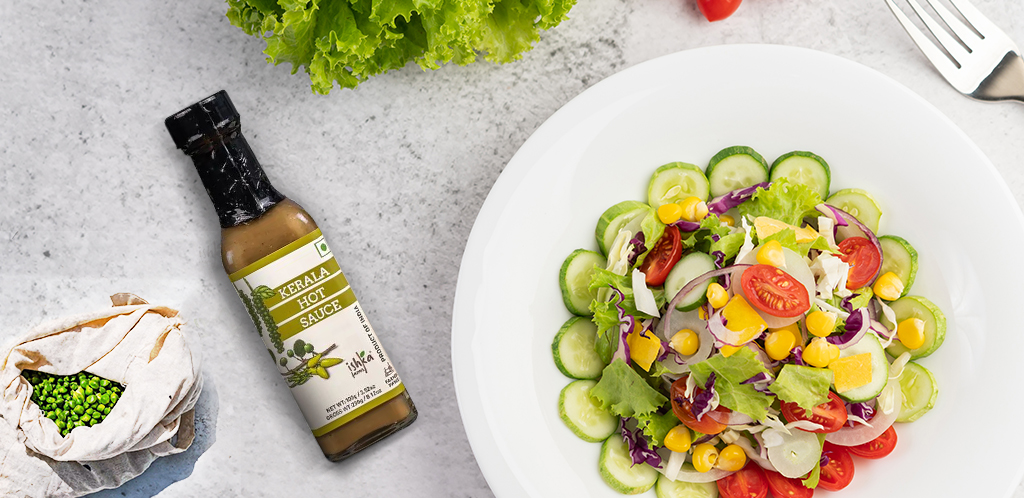
Drip, Dip, Drizzle, Dunk
The Kerala Hot Sauce is so versatile that it pairs beautifully with a variety of dishes and meals without overpowering their flavours. A few ways you can use this vegetarian chilli hot sauce are:
- Sandwiches
- Toasties
- Pastas
- Stews
- Fried snacks and fritters
- Salad dressings
- Curries
- Chaats (a variety of Indian street foods)
- Marinades
- Hung curd dips
- Coconut chammandi or chutney (a type of sauce of Indian origin)
- Tacos
- Wraps
- Rice paper rolls
- Dumplings
- Bloody Mary drink
- Guacamole
We are pretty sure that Kerala Hot Sauce from Ishka Farms will be a big hit with your family and guests. It will make you and them come back for more. After all, it carries the experience of a land of spice in one spoonful.
Stock up this chilli hot sauce in your kitchen pantry because it is just what you want for a sauce on the side!
How we started- Founders Perspective
Serendipity lead to the establishment of Ishka Farms as the pioneering Caper farm in India. Srikanth and I had bought the land in 2021 with no clear plan of what or how to grown but with a general idea that we would take our careers and personal life path around the idea of renewable energy and regeneration of the land. Once we narrowed in on farming commercially but with organic principles and certification in mind, we experimented with planting, growing and harvesting of Moringa leaves. It was a steep learning curve for first time farmers. Simultaneously, we studied the global market for a niche in agricultural produce and narrowed down on growing Capparis Spinosa not just as an import replacement but also as a produce that could place India firmly on the international export map of stellar novel agricultural produce.
Our family held farm is a work in progress; in terms of expansion of cropped area and market reach, bettering of processes , automation , value addition of the core ingredients that we grow and being a zero waste farm. That we have chosen to bottle in re-useable glass jars only and that we have stepped away from established food distribution systems and take a more farm-to-fork approach has also thrown up an interesting set of challenges. However, the team Srikanth and I have built up over the years is up to the challenge of learning and tacking the myriad issues that come up.
Why Condiments?
I’ve been asked this so many times since we launched the condiment line. Simply put – at Ishka we believe that farmers should own as much of the value chain as they can and the privilege of education and exposure allows Srikanth and I to do so. The lockdown of 2020 was hard on everyone, including the Ishka family. Abandoned fields yielded odd shaped and sized berries that wouldn’t go in the standardized produce market. Conversations with Chef Divesh who has been a long time champion of the capers from our organic farm lead to the development of the range of easy to use Dry Spices , Sauces and Spreads.
The brief was seemingly simple but it took a whole team of people to bring it to fruition – highlight the produce of the farm, use ingredients from like minded farmers as much as possible, no added colour or preservatives and just to make it a little more challenging , we decided it had to be shelf stable at ambient temperature !! It was a tall ask, but 18 months into starting off, we had our 6 condiments ready to market. Convenient, delicious condiments that make putting together a snack or meal easy with the assurance of no nasty additives.
Seasonality of Condiments
While we developed the condiment line based on the perennial availability of the capers from our farm, a critical factor that we didn’t account for was the availability of all the other fresh ingredients used in the lineup of condiments. All of our understanding of the farming and produce cycle was limited to the area around our farmland and the villagers we work with daily. Supply chain issues of key fresh ingredients like the white Kandhari chilli and the red bell peppers had us stumped, and it has taken us the better part of a year to partner with other landholders to grow our requirements for us.
Developing and stabilizing recipes, finally reaching the market with it and then having some of the items go out of stock with no realistic timelines on when we would be able to get it all back on shelves was a hard lesson learnt. But learn we did, and partnerships and collaborations we had thought we would eventually work on once we were better positioned quickly became a priority!! While the vagaries of the weather will continue to dictate the availability of ingredients, and our timelines will have to accommodate that, we are learning to do better. Working with small landholders is satisfying on so many levels. While it ensures good quality of products for our product line, more importantly, it helps our work to have a more significant social impact than just the community and village we directly farm in. Ensuring livelihood and income in other villages engaged in agricultural activities ticks all the right boxes for us.
Livestock at the farm
It’s often asked and stands to reason that a working organic farm as expansive as ours would be expected to have cows or goats. We, however, do not. Simply put, we do not have water or other resources to ensure nutrition, environmental comfort and good health for farm animals. Water is universally a precious resource and a scant one where we are; add to it that the quality of water available from all sources on our land isn’t conducive for animal welfare.
So, we have focused instead on long-term activities to increase the water table, plant trees that provide green fodder for those in the nearby villages who do have other resources to keep livestock and permit free grazing on our land for the village goats. In turn, we buy the goat droppings from the villagers, thereby adding to the general household income in our community while having continued access to one of the essential nutrients for our fields. It’s a win for all and the makings of a circular economy!!
Farm Visits
We are a first-generation family-owned working farm in a small village in Ettayapuram Taluk, South Tamil Nadu. That means that while it is picturesque, resources and infrastructure are scarce. So our focus has been on setting up the farm for the actual growing of capers while encouraging biodiversity on our land and building the physical infrastructure for its running. From harvest to curing, to processing, to bottling, the final step of packing in cartons happens with the same team on the farm itself.
We do not have the capacity at this point to indulge visitors, day picnics or tourists. Friends passing by the area are also told that they cannot “drop in” to have a look or say hello. Although we would love for the company and be able to show and tell, it distracts from the daily working of the farm much too much. Our vehicles and tractors that ferry labour and material and whose use is scheduled to the optimum at any time must be relocated to transport visitors. At present, we cannot afford that. A responsible person from our staff has to be allocated to chaperone visitors, speak of safety in the field and the factory, and ensure hygiene and food safety standards inside our factory premises.
Hence for these reasons, it is a firm no visitors policy. We have enough traffic of people from various certifying and inspecting agencies and buyer’s representatives, and our resources can scarcely keep up with that !! In the year, we are freeing updates for students from culinary schools to visit, and hopefully, in the coming years, we will be able to accommodate well-wishers and visitors too.

